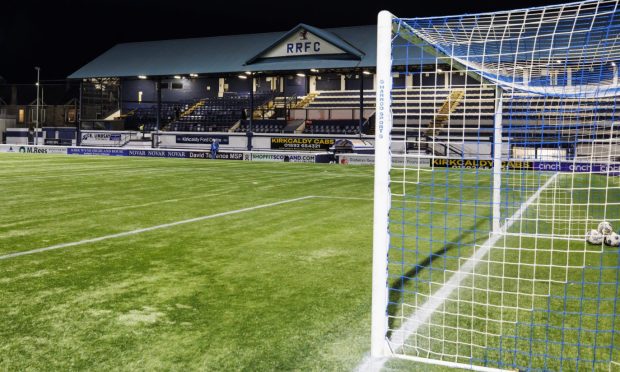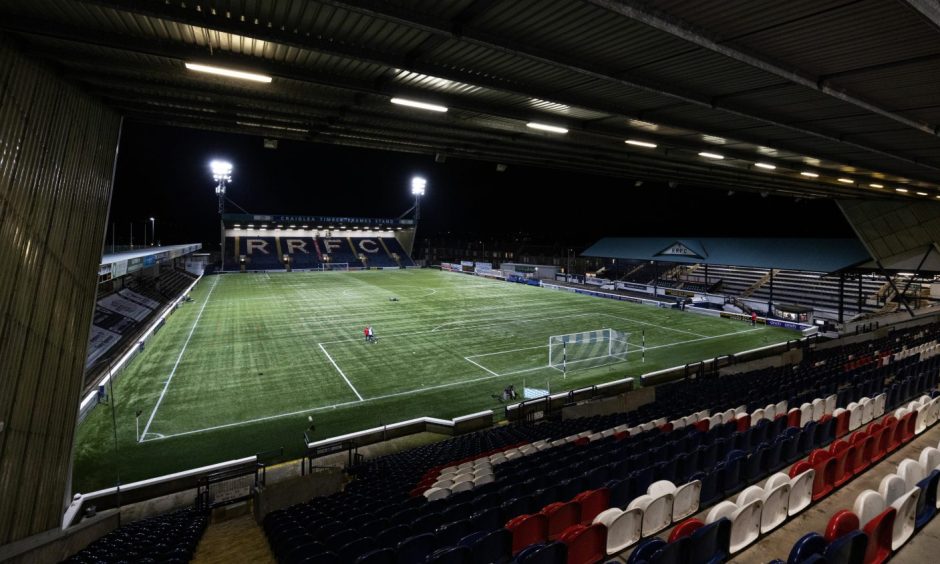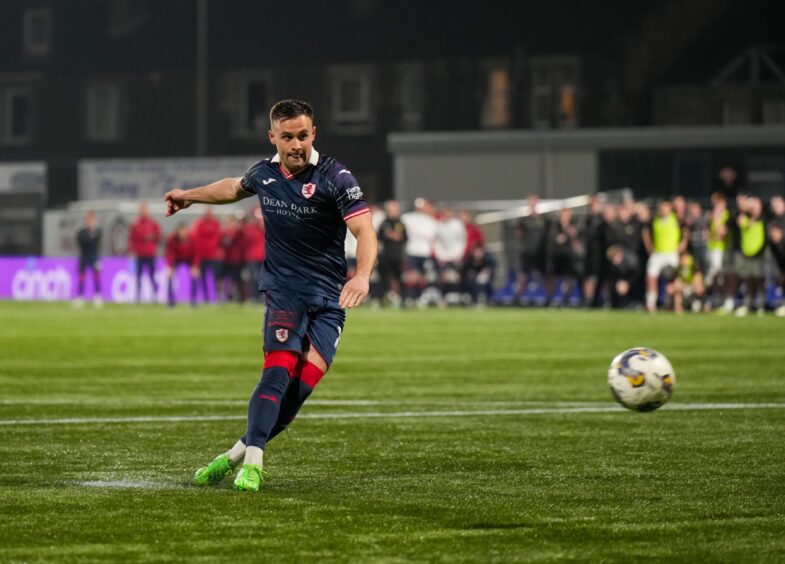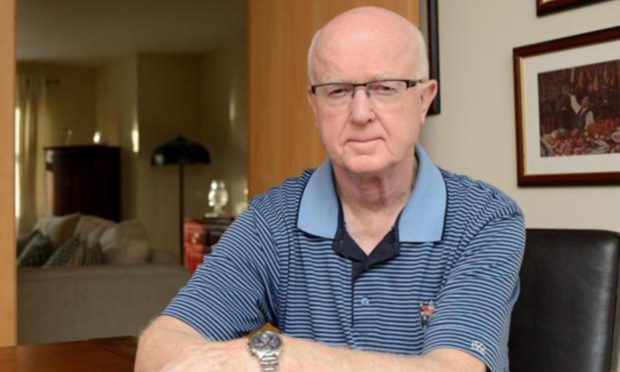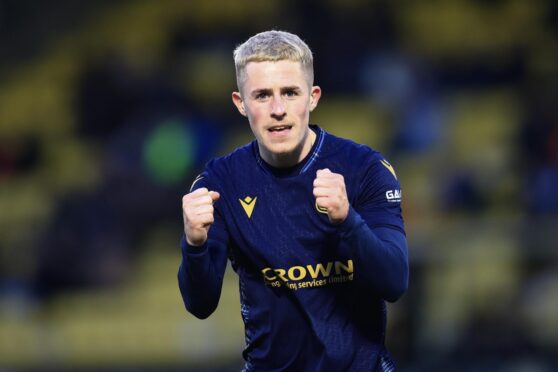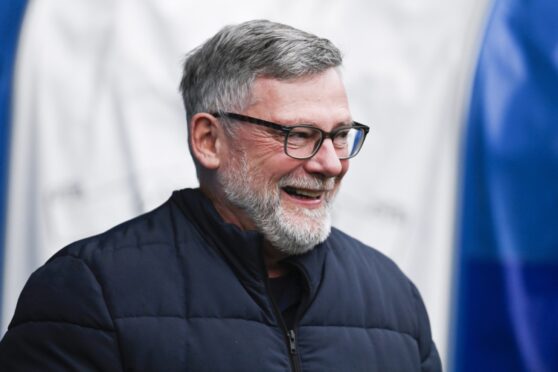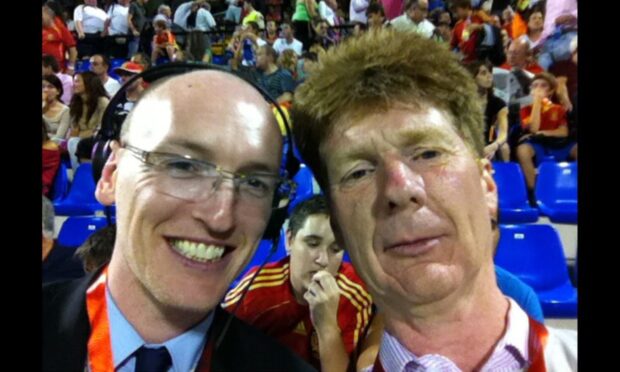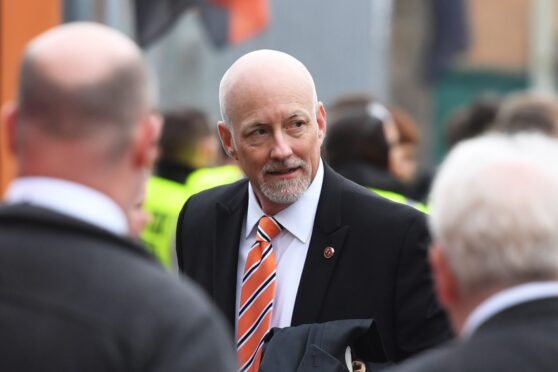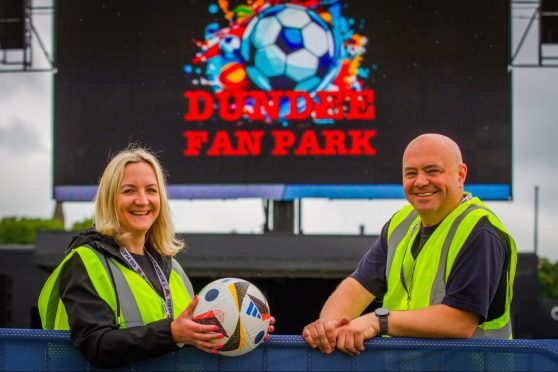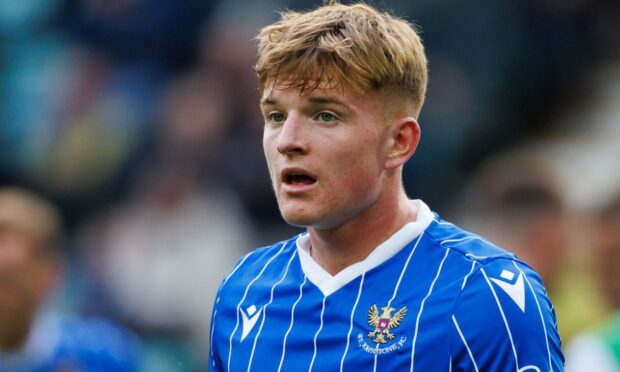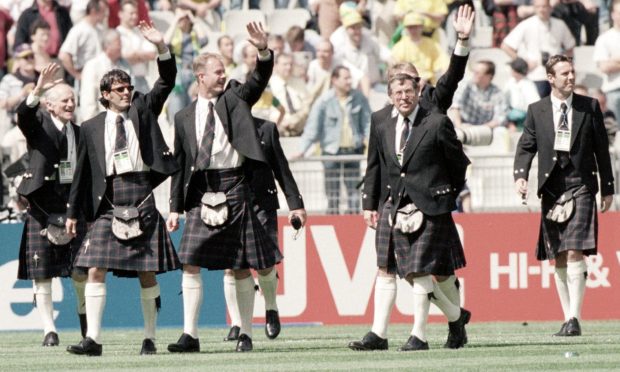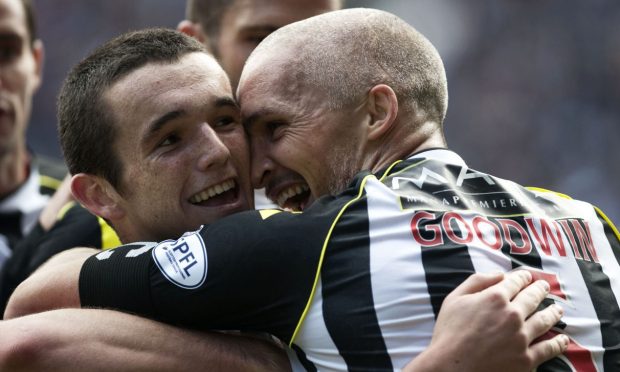Raith Rovers have insisted financial support from Premiership clubs is essential should a ‘fundamentally flawed’ ban on plastic pitches be rubber-stamped.
Raith have released a joint statement with Falkirk, Hamilton Accies and Queen of the South following news the SPFL has agreed to allow a vote on the issue.
They are adamant the move would be ‘grossly unfair’.
With only nine out of the 12 Premiership clubs needed to pass the resolution, it is expected artificial surfaces will be prohibited in Scotland’s top division from season 2026-27.
However, Raith and their associated clubs are adamant the move would be contrary to the ‘solidarity’ promised in 2013 when the SPL and SFL merged and say the ‘goalposts have been moved’ without consideration of the consequences.
They argue it would undermine sporting integrity and place financial barriers in the way of clubs aiming for promotion.
The clubs have put together an alternative proposal that would mean artificial surfaces could not be older than four years old in the Premiership.
They would also have to be rigorously tested to FIFA standards and be equal to those permitted by UEFA in the Champions League and other European competitions.
‘Constructive dialogue’
They hope to stimulate a public debate and criticised allowing just 12 top-flight clubs to decide on something that will impact others down the divisions.
It is estimated it would cost up to £1.5 million for clubs to rip out their plastic pitches and lay an approved grass surface, and the clubs insists a fund should be set up to help those affected.
Rovers, Falkirk, Hamilton and Queens, who have already lobbied Premiership clubs, say any ban would have a ‘long-lasting and negative impact on Scottish football’ similar to the previous rule on 10,000-seater stadiums.
Their statement reads: “In response to the proposal to ban artificial playing surfaces in the Scottish Premiership, over the past few months we have sought constructive dialogue with both the SPFL Competitions Working Group (CWG) and directly with Scottish Premiership clubs.
‘Fundamentally flawed’
“We have done so because we believe the proposal to be fundamentally flawed on a number of levels and, if approved, will cause significant long-term damage to Scottish football by undermining sporting integrity, impacting the wider game and creating huge financial entry barriers to the top league.
“Our view is that this decision is poorly thought through, and we do not believe it is acceptable for just 12 clubs to make this decision, which could have a long-lasting and negative impact on Scottish football, as serious as the ill-fated 10,000-seat stadium rule.
“We believe that all clubs with the ability and ambition to reach the Premiership should be encouraged to do so, without having unnecessary barriers being created to demotivate and disincentivise them.”
The clubs say Scotland’s weather means a UEFA-approved artificial surface – such as they are proposing – is ‘far superior, in every respect’ to the ‘sub-standard’ grass pitches often found in the SPFL during the winter months.
The statement adds: “Should Premiership clubs choose to go ahead and vote for a blanket ban on all artificial surfaces, we call upon them to create a fund to support any club which achieves promotion to the Premiership, to cover the cost of implementing the level of grass pitch they expect, which could cost in the region of £1.2m – £1.5m.
“Clubs with artificial surfaces have invested huge sums of money into the installation of pitches and infrastructure, at a time when the artificial pitches were fully compliant with the criteria in place.
“The goalposts are now being moved, with no consideration given to the consequences of such a decision on many clubs who will not get a vote on the matter.
‘Contrary to the solidarity promised’
“We believe this to be grossly unfair and contrary to the solidarity promised in 2013, when the SPFL was formed by merging the Scottish Premier League and Scottish Football League.
“Indeed, these unilateral actions are strongly reminiscent of the old SPL.
“Should this vote pass, we are concerned that there have been no lessons learned from past mistakes, particularly in relation to the 10,000-seat stadium rule.
“If this is to be the case, financial support for those clubs impacted is essential, if there is to be any semblance of sporting integrity and justice in this decision.”
